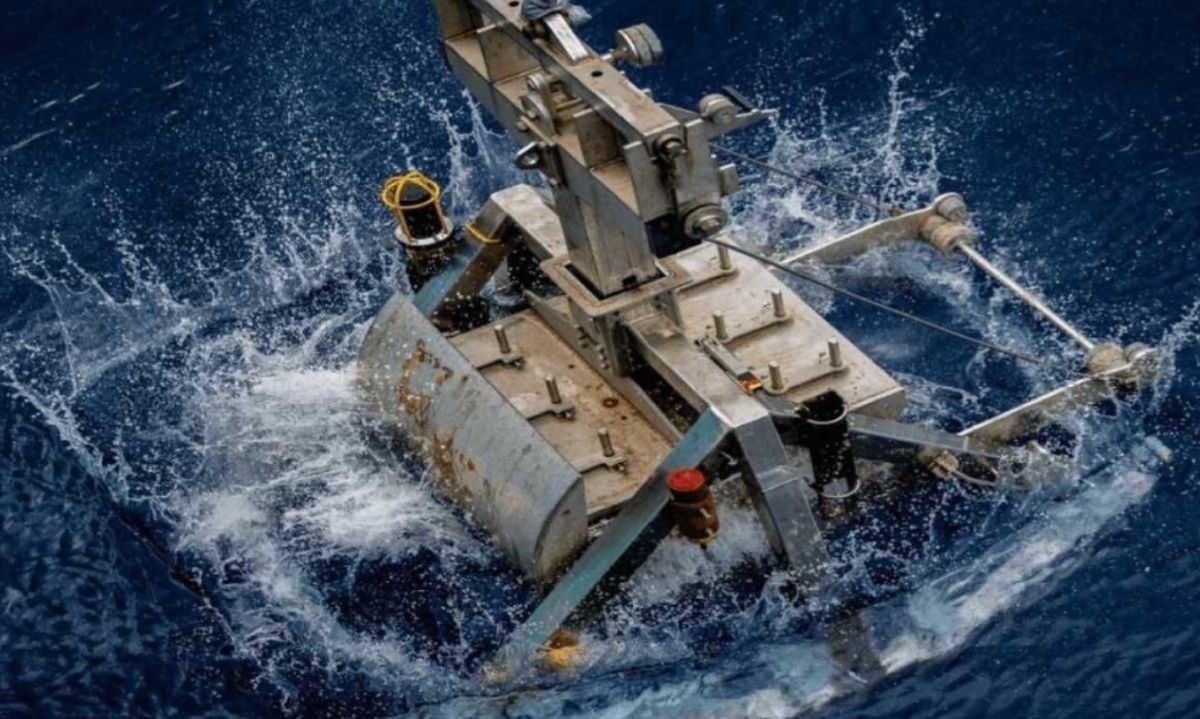
By prioritizing scientific knowledge and adopting preventive measures, the member states of the Convention on the Conservation of Migratory Species of Wild Animals are laying the groundwork for more sustainable and responsible management of marine resources.
At a pivotal moment for marine conservation, the member states of the Convention on the Conservation of Migratory Species of Wild Animals (CMS, also known as the Bonn Convention) have taken a significant step toward preserving our oceans. During the meeting held from February 12th to 17th in Samarkand, Uzbekistan, it was agreed to suspend any deep-sea mining activities until scientific evidence ensures the protection of migratory species and their ecosystems. This consensus reflects a global recognition of the need to approach the exploitation of seabed resources with caution, thus avoiding opening a Pandora's box of unpredictable consequences.
The CMS decision highlights the importance of grounding any future mining activity in solid scientific foundations. This precautionary approach is applauded by OceanCare, a partner organization of the CMS, which sees this agreement as a call to the international community to deepen understanding of the mysteries of the ocean depths. Deep-sea mining emerges as an emerging threat to delicate marine ecosystems, jeopardizing the survival of species and the integrity of unique habitats. These ecosystems are already under pressure from climate change, pollution, and underwater noise, making deep-sea mining an additional risk that could have devastating and irreversible effects.
At its 14th Conference of the Parties (COP14), the CMS has also taken significant steps in other critical areas for marine conservation, such as reducing the risk of vessel collisions with marine megafauna and addressing marine pollution. The adoption of resolutions to protect migratory species from the threats posed by shipping and marine pollutants underscores the international community's commitment to preserving marine biodiversity.
Another crucial aspect addressed at COP14 has been the negative impact of Fish Aggregating Devices (FADs), which significantly contribute to marine debris and pose a direct threat to marine life. The decisions made to mitigate the harmful effects of these devices demonstrate a willingness to tackle the complex challenges of marine conservation.
The recent CMS meeting in Samarkand marks a milestone in the global effort to protect our oceans. By prioritizing scientific knowledge and adopting preventive measures, the member states of the CMS are laying the groundwork for more sustainable and responsible management of marine resources. This precautionary approach not only safeguards ocean biodiversity but also ensures the health of our oceans for future generations. The decision to postpone deep-sea mining until adequate scientific evidence is available is a testament to the global commitment to marine conservation and a reminder that protecting our most vulnerable ecosystems must be a priority on the international agenda.




